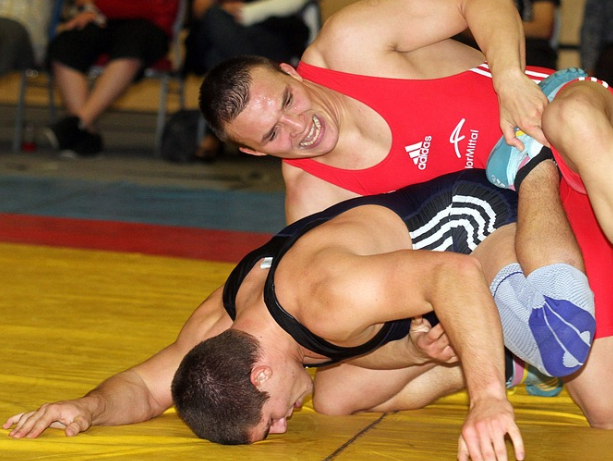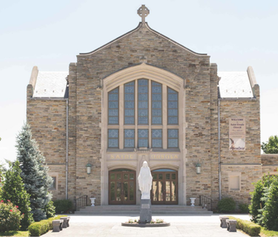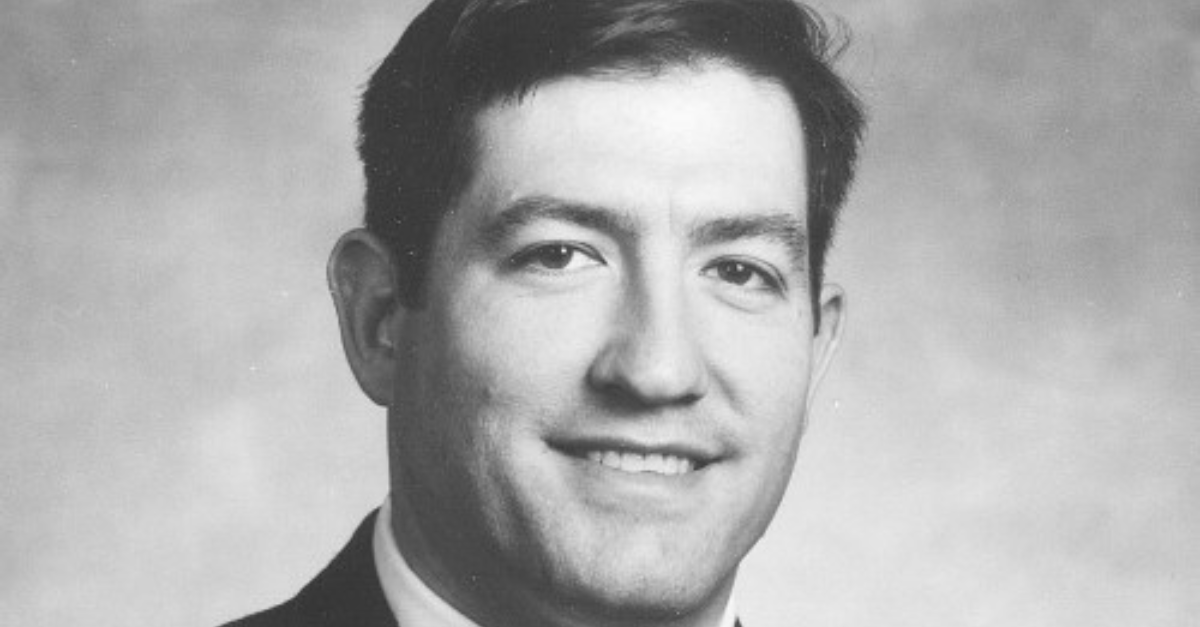Francis Pommett is an experienced attorney with a distinguished career spanning several decades. He earned his education from institutions like Western Maryland College, the University of Baltimore Law School, and Georgetown Law Center. Francis began his legal journey at the U.S. Department of Justice before co-founding Nathanson & Pommett, PC.
Today, he runs the Law Offices of Francis A. Pommett, III, LLC, where he provides personalized legal services. He is involved in local youth programs, 4-H, and St. Ursula Catholic Church.
Wrestling Prepared Francis For Law
Wrestling at Perry Hall High School wasn’t just a physical challenge for Francis Pommett; it became a mental training ground that would shape his future career as a lawyer. On the mat, he quickly learned that success wasn’t solely about strength or agility—it was about strategy, resilience, and maintaining a clear mind under pressure. These lessons carried over into his legal career in profound ways.

In wrestling, every match presented a new puzzle. Francis had to think on his feet, adapt to his opponent’s moves, and anticipate their next step. It was a constant exercise in critical thinking and decision-making, much like the cases he would later face in the courtroom. The ability to assess a situation quickly and make a move was just as important in the courtroom as it was on the mat.
Wrestling also taught him the value of perseverance. There were days when training felt grueling, when victories were hard-earned, and failure seemed inevitable. But Francis learned that even in the toughest moments, mental toughness was the key to pushing through. Whether he was exhausted after a long match or facing a particularly difficult case as an attorney, he knew that success wasn’t just about physical endurance—it was about mental fortitude. Those early experiences in wrestling helped him develop a mindset that was unshakable in high-stress situations.
Another critical lesson Francis took from wrestling was the importance of focus. In the midst of a match, distractions had to be ignored. Every ounce of energy had to be focused on the task at hand. This sense of focus helped him as a lawyer, where maintaining concentration is essential, especially when preparing for complex cases or when under the pressure of a deadline. Wrestling had trained him to filter out the noise, hone in on his goals, and keep moving forward with purpose.
But perhaps the most important lesson was the value of discipline. Wrestling demanded consistent effort, the kind that only comes from regular practice and self-motivation. As Francis entered the legal field, he found that the same principles applied. Successful lawyers, like successful wrestlers, needed a strong work ethic, a willingness to sacrifice for long-term goals, and the determination to keep improving. It wasn’t always about natural talent; it was about commitment to the process, day in and day out.
As he moved from the wrestling mat to the courtroom, Francis carried these lessons with him. Wrestling had taught him to stay calm under pressure, think strategically, and, most importantly, never give up—lessons that would define his career as a lawyer. The skills he honed in those early years gave him the mental preparation to face the complex and demanding world of law with the same determination he brought to the wrestling mat.
Mentorship
Francis takes mentoring young lawyers very seriously. His own journey from a young attorney to a seasoned legal professional was shaped by the guidance of mentors who took the time to share their wisdom, experiences, and advice. Today, he is committed to doing the same for the next generation of lawyers, inspired by a deep sense of responsibility to pass on the knowledge that helped him succeed.
“What sets great lawyers apart is their ability to listen—really listen—not just to their clients, but to the world around them,” Francis often tells his mentees. “As a lawyer, you’re a guide, a problem solver, and a voice for those who need it. If you can master the art of listening, you’ll always be ahead of the game.”
He learned this lesson from a senior attorney he greatly admires, the late Justice Malcolm Ross. Justice Ross once told him, “The law isn’t just about knowing the facts; it’s about understanding the human condition. We deal with people’s lives, and that requires empathy as much as expertise.” This advice became a guiding principle in Francis’s career, and he shares it with every young lawyer he mentors. He believes that while legal knowledge is important, it’s equally crucial to understand the context of a case—what drives the people involved, what challenges they face, and how the law can serve as a tool for justice, not just a set of rules.
Francis’s mentorship style is rooted in patience and encouragement. He knows firsthand how overwhelming the early years in law can be. From navigating complex legal procedures to managing client relationships, the learning curve can feel steep. But Francis emphasizes that mistakes are part of the journey, and growth comes through perseverance. He encourages his mentees to approach challenges with an open mind, viewing every setback as an opportunity to learn and improve.
“It’s easy to get caught up in the pressures of practice,” he says. “But remember, the best lawyers don’t have all the answers. They know how to ask the right questions, they know when to seek help, and most importantly, they know when to trust their instincts.”
What motivates Francis to dedicate so much of his time to mentoring is the realization that the legal profession is not just a career—it’s a calling. He feels a deep sense of duty to guide young lawyers, to help them avoid the pitfalls he encountered early in his own career, and to instill in them the values of integrity, hard work, and service. For Francis, mentoring is about more than just teaching law; it’s about shaping future leaders who will uphold the ideals of justice.
“Lawyers shape the future of society,” he says. “I want to help young lawyers not just become skilled practitioners, but also become leaders who make a difference.”
The Role of Faith on Career
Religion plays an integral role in shaping both his personal life and his legal career. Raised in a devout Catholic family, Francis was taught early on that faith is about more than attending church—it’s about living out principles of integrity, service, and compassion in every aspect of life. These values have guided him throughout his career as an attorney.
In the courtroom, Francis strives to embody the teachings of his faith. He approaches each case with a sense of moral responsibility, ensuring that he fights for justice with honesty and respect for all parties involved. “My faith teaches me that justice isn’t about winning at any cost,” he often says. “It’s about doing what’s right and ensuring that truth prevails, even when the path is difficult.”
Francis’s faith also informs how he treats his clients and colleagues. He believes that every person, regardless of their background or circumstances, deserves respect and compassion. In his interactions with clients, Francis is guided by the belief that he is not just representing a case—he is serving a person in need. He makes it a point to listen carefully, offer counsel with empathy, and be a source of moral support during difficult times.
Outside the courtroom, his faith influences his community service and volunteer work, particularly at St. Ursula Catholic Church, where he has been an active member for many years. Whether coaching youth sports, helping with church activities, or offering pro bono legal services, Francis views these efforts as an extension of his faith’s call to serve others.
For Francis, religion is not a separate part of his life but a driving force that shapes his identity as a lawyer, mentor, and community member. It’s the compass that guides him through both the challenges and triumphs of his career.
Community Service
Francis’s commitment to community service is deeply rooted in his Catholic faith, particularly through his involvement with St. Ursula Catholic Church. He believes that faith is not just about personal devotion, but about actively serving others and contributing to the well-being of the community. For Francis, his work at the church is an extension of his calling to help those in need, a principle he strives to live by every day.

At St. Ursula, Francis dedicates much of his time to organizing and participating in various church programs. He has coached youth sports teams, mentored young people, and helped with church events aimed at fostering fellowship and charity. Through these efforts, he seeks to instill the same values of service, respect, and compassion that his faith has taught him.
Francis’s involvement in the church also includes pro bono legal work for parishioners who need legal advice but may not have the resources to afford it. He sees this as a way to give back to the community that has supported him throughout his life. Whether it’s helping with a legal dispute or simply offering counsel, Francis is committed to serving others and providing a sense of security to those who may feel vulnerable.
His faith guides him to look beyond the courtroom and see the broader impact of his actions. For Francis, community service is more than an obligation—it’s a way to live out his Catholic values and make a tangible difference in the lives of those around him.

